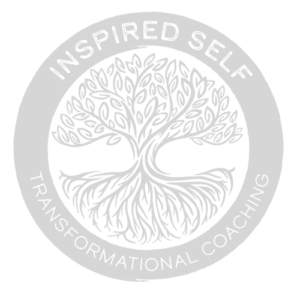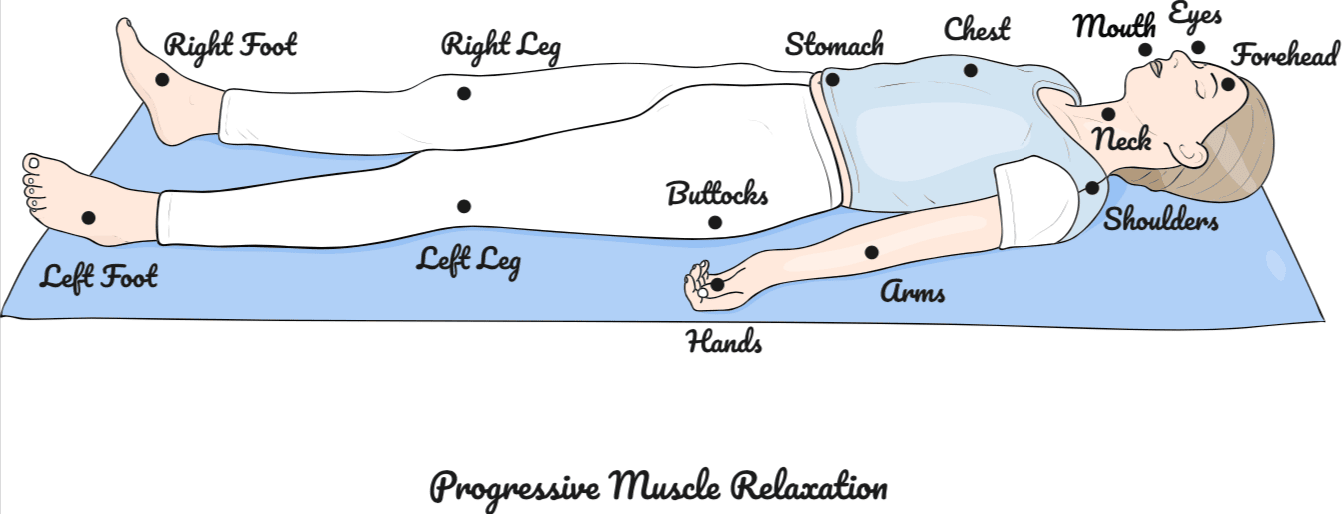The Connection between Progressive Muscle Relaxation and Mindfulness
Mindfulness and progressive muscle relaxation are two of the most popular methods when managing stress and anxiety. But what exactly is progressive muscle relaxation? And how does it relate to mindfulness? This article will explore these questions in detail and examine how these two practices can work together to create a powerful yet simple stress-management system.
Progressive muscle relaxation is a technique that involves tensing and relaxing different muscle groups in the body to achieve a state of deep relaxation. This practice helps reduce tension and stress in the body, which can positively impact both physical and mental health. It can also improve concentration and focus, helping you stay productive for extended periods.
Mindfulness is an ancient practice designed to help individuals become more aware of their thoughts, feelings, and emotions. By being mindful of our inner world, we can better manage our reactions to external stressors like deadlines or conflicts with co-workers. Combining mindfulness with progressive muscle relaxation results in an even deeper level of relaxation that benefits both body and mind. Let’s dig deeper and better understand Progressive muscle relaxation (PMR).
Is Progressive Muscle Relaxation Mindfulness?
PMR is a simple yet highly effective mindfulness technique for reducing stress and tension. It is a form of body-awareness training that helps to reduce stress by teaching one how to become aware of the pressure in their muscles and then how to relax them. PMR involves systematically tensing and relaxing various muscle groups throughout the body. This practice aims to help one become more aware of their body and its physical sensations while also learning how to relax deeply when they are feeling stressed.
PMR can be used as part of a regular mindfulness practice or on its own. It helps reduce physical tension, which can lead to reduced anxiety and depression. In addition, PMR can improve concentration, focus, and the overall quality of sleep. By becoming aware of your body’s physical sensations, you can learn how to recognize and respond appropriately when feeling overwhelmed or stressed. With practice, PMR can help you cultivate a relaxed mind that can be used during difficult times and in everyday life. Now let’s dig more into the benefits.
Benefits Of Progressive Muscle Relaxation
The practice of progressive muscle relaxation encourages an awareness of how your body feels in its current state and allows you to focus on the areas that need attention to find physical and mental balance.
The key to progressive muscle relaxation is focus and concentration. By being mindful of the areas of tension in your body, you can relax those areas more deeply and effectively. As you move through each part of the practice, you become increasingly aware of how your body responds when relaxed. This heightened awareness helps you make lifestyle changes that will bring long-term relief from stress, tension, and anxiety.
Techniques Used In Progressive Muscle Relaxation
The practice of PMR has been shown to have beneficial effects on physical health, mental well-being, and emotional resilience. Bringing attention to the body and its sensations encourages an acceptance of what is happening in the present moment. This can help foster greater self-awareness, self-acceptance, and insight into one’s relationship with stressors. Practicing regularly may also increase feelings of relaxation, peace, and contentment.
By engaging in PMR as part of a regular mindfulness practice, individuals can learn how to better recognize physical tension in their bodies and develop techniques for managing stress. This can lead to improved focus, greater clarity of thought, and enhanced ability to cope with difficult emotions. In turn, this can lead to improved mental health outcomes overall.
3 Key Takeaways about Progressive Muscle Relaxation
- Progressive muscle relaxation is an effective tool for managing stress and anxiety. It involves tensing and then relaxing the muscle groups in your body, one at a time.
- Practicing progressive muscle relaxation regularly can help reduce stress and improve overall physical and mental health.
- Progressive muscle relaxation can be used as part of a larger self-care routine, as well as to promote relaxation and to reduce physical tension.
Final thoughts and Next steps
In conclusion, a progressive muscle relaxation is a powerful tool for mindfulness. Its simple techniques can help us find greater inner peace and clarity. It encourages us to become aware of our body and how it responds to stress and tension. Regular practice can help bring about a considerable amount of physical and mental relief.
The relationship between progressive muscle relaxation and mindfulness cannot be overstated. Practicing both in combination can be an incredibly effective way to reduce stress and anxiety while also promoting deeper self-awareness. As we let go of the tensions in our bodies, we also let go of the thoughts that do not serve us, allowing us to experience a sense of profound inner stillness that is truly out of this world!
Overall, progressive muscle relaxation is invaluable for anyone exploring mindfulness more deeply. I have found that the effects are nothing short of miraculous – it truly has changed my life for the better in ways I could never have imagined!
Take the first step toward a life filled with relaxation and mindfulness. Sign up for a free consultation with Adam today to learn how progressive muscle relaxation can help you achieve a balanced, stress-free life. Get started on your journey to inner peace now!
Adam is a former Fortune 500 senior executive. He is a father, husband, student of life, and “self-awareness” transformational coaching leader.
Talk to Adam for FREE
SCHEDULE A NO OBLIGATION ONE-ON-ONE SESSION
Tell me about where you are in life, and I’ll suggest some tools to help you find new insights. It’s my purpose to serve others, so even if this meeting is our only interaction in life, I get the pleasure of meeting you and living my highest purpose.






